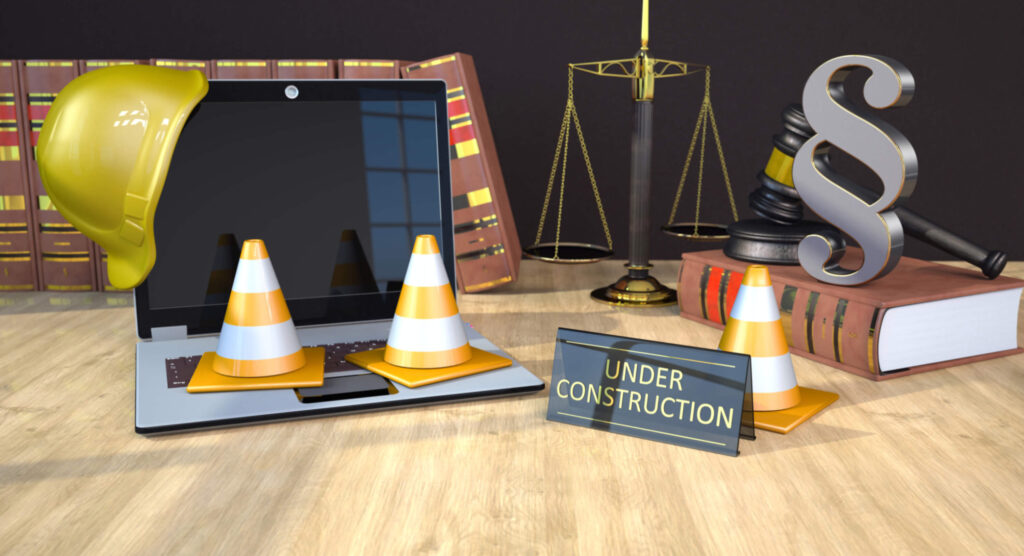Eighteen Weeks 9 Semester Units
This course examines the rules governing civil proceedings and the jury trial system with emphasis on federal procedural rules. Students will study various phases of civil litigation and learn how to proceed with litigation in a court of law. Students will study the statutory and decisional law related to federalism, allocations of power between state and federal courts, personal and subject matter jurisdiction, rules of pleading, claim and party consolidation, venue, pre and post-trial motion practice, claim and issue preclusion, discovery, summary judgment, dismissals, and the appellate process.
Eighteen Weeks 9 Semester Units
The course provides doctrinal analysis of various common and modern real property rules. Students will examine ownership, possessory, alienable rights and other legal interests in free-hold and non-freehold estates, future interest land covenants, equitable servitudes and easements. Students will study the law related to the recordation, use and transfer of property interests, and landlord/tenant law.
Eight Weeks 4 Semester Units
Students will learn equitable and legal remedies that are available to civil litigants. They will learn how to allege measure and define the scope of monetary damage awards, restitution, legal fees, constructive trusts and apportionments in tor and contract actions. Students will explore coercive remedies such as temporary restraining orders, preliminary injunctions, permanent injunctions, specific performance, contempt and declaratory relief.
Eight Weeks 4 Semester Units
Students will study the rights of the accused in criminal matters by examining various provisions to the Bill of Rights of the United States Constitution. Students will learn the law governing searches and seizures, confessions, double jeopardy, the right to counsel, jury trials, speedy trials, pleas, exclusionary rules, and the appellate rights of an accused to enforce constitutional guarantees
Our Juris Doctor degree program is a traditional law school program that is designed to prepare students for entry into the legal field and to prepare them to take the state bar examination.
- Our program provides students with the flexibility to continue to work full-time while attending law school.
- Live classroom sessions (synchronous – live interactive) will be conducted using technology that will allow instructors and students to interact directly by video, voice, and real-time chatting communication.
- Instructors and students may ask and answer questions in real-time–allowing for multiple-person interaction (more than 100).
- The live lectures are recorded and uploaded to the Student Learning Center for 24/7/365 access by students.
- Students that choose to attend the live classes (when the archive lectures are created) will be able to have an actual classroom experience, just as a student would expect in a residential law school.
